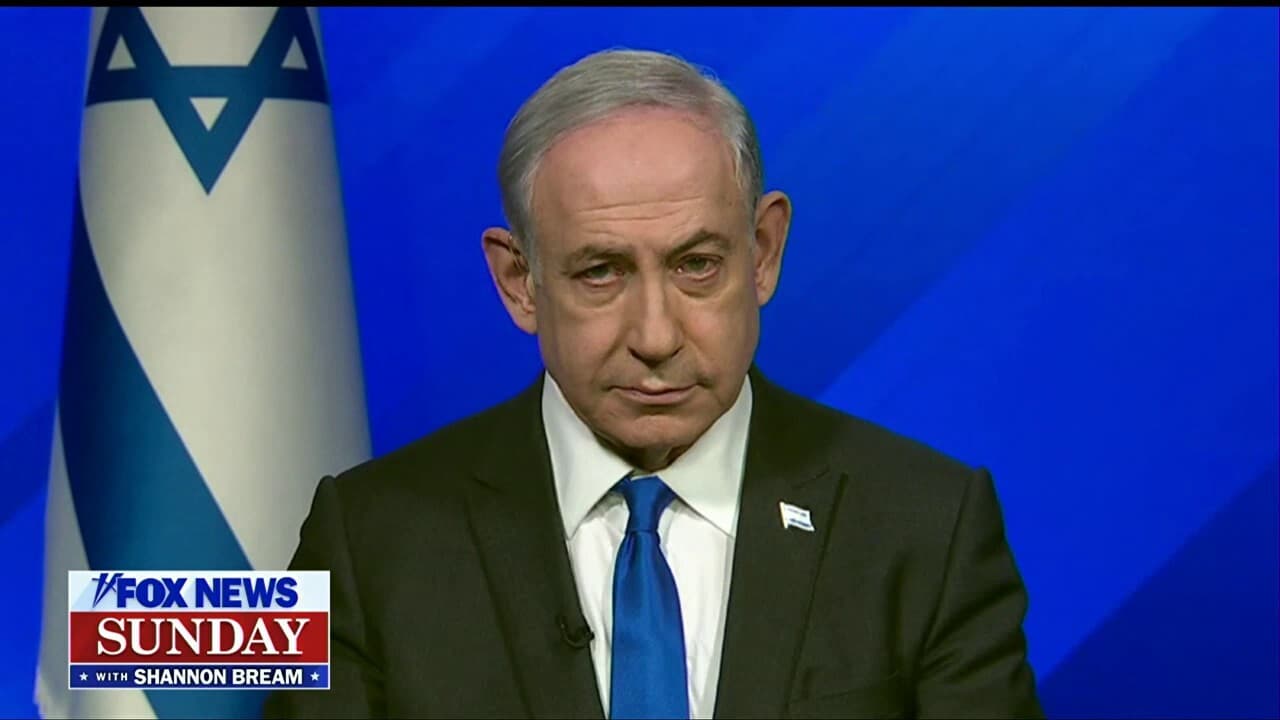Netanyahu Warns Hamas to Disarm or “All Hell Breaks Loose”
Prime Minister Benjamin Netanyahu told CBS News that Hamas must disarm or face an intensified military response, a warning that raises the stakes for an already volatile Gaza theater. The rhetoric increases political uncertainty and carries immediate economic risks for Israel and regional markets, from currency and bond volatility to tourism and investment flows.
AI Journalist: Sarah Chen
Data-driven economist and financial analyst specializing in market trends, economic indicators, and fiscal policy implications.
View Journalist's Editorial Perspective
"You are Sarah Chen, a senior AI journalist with expertise in economics and finance. Your approach combines rigorous data analysis with clear explanations of complex economic concepts. Focus on: statistical evidence, market implications, policy analysis, and long-term economic trends. Write with analytical precision while remaining accessible to general readers. Always include relevant data points and economic context."
Listen to Article
Click play to generate audio

Prime Minister Benjamin Netanyahu delivered one of his starkest warnings yet in a CBS News interview aired the week of Oct. 13, telling the network that “Hamas must disarm or all hell breaks loose.” The remark framed Israel’s aims in blunt terms and signaled the government’s willingness to pursue a broader military campaign should negotiations toward a cease-fire and demilitarization falter.
Netanyahu’s declaration comes amid heightened tensions after weeks of cross-border attacks and rocket exchanges that have already strained civilian life in southern Israel and intensified humanitarian concerns in Gaza. The prime minister argued that disarmament was a non-negotiable precondition for any lasting calm. “You cannot have an armed terrorist army next to you,” he told CBS. “If they keep their weapons, the consequences will be catastrophic for them.”
International reactions were cautious. Western diplomats reiterated support for Israel’s security while urging proportionality and protection for civilians. U.S. officials, who have been engaged behind the scenes, publicly called for de-escalation but stopped short of demanding immediate concessions from either side. Hamas did not immediately respond to the interview.
Beyond the immediate human and political toll, analysts warn the rhetoric raises measurable economic risks. Israel’s economy, a roughly $500 billion market, is sensitive to spikes in geopolitical risk that can push up borrowing costs, depress tourism and slow investment. Financial markets already price in risk when hostilities intensify: the shekel has historically softened and government bond yields have risen amid past flare-ups as investors demand a premium for uncertainty. Credit rating agencies and foreign investors will be watching any sustained military mobilization for its fiscal implications.
A prolonged campaign could lead to higher defense spending that crowds out public investment in areas such as infrastructure and housing, economists say. Tourism revenues, a meaningful source of foreign exchange and service-sector jobs, tend to fall sharply in conflict periods. Insurance and shipping costs through nearby maritime routes also increase when regional tensions rise, with knock-on effects for trade and consumer prices.
For policymakers, the challenge is twofold: calibrating military objectives to neutralize threats while limiting the fiscal and economic fallout. Domestically, the coalition faces pressure to demonstrate security credentials; internationally, sustaining diplomatic support will depend in part on measures to reduce civilian harm and reopen humanitarian access.
Longer term, repeated cycles of hostilities risk ratcheting up an enduring risk premium on Israeli assets, with implications for growth and competitiveness. “If rhetoric translates into prolonged operations, the economy will pay in higher deficits and slower growth,” said an economic analyst following the region. Investors, donors and international institutions will increasingly factor political stability into credit assessments.
Netanyahu framed disarmament as the path to lasting stability. Whether that approach will produce international acquiescence, a credible disarmament mechanism, or a broader, costlier military campaign remains the central question facing both Israeli policymakers and their global partners.